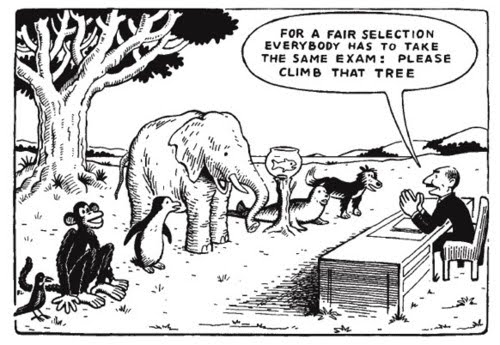Introduction
In the intricate realm of decision-making, our choices are often influenced by a myriad of factors, both conscious and subconscious. One such psychological phenomenon that exerts a powerful sway over our judgment is the Kantian Fairness Tendency. Rooted in the teachings of the philosopher Immanuel Kant, this mental model revolves around the innate human desire for fairness and equality in decision-making processes. However, while fairness is indeed a noble aspiration, the Kantian Fairness Tendency can sometimes lead us astray, causing us to make irrational decisions that run counter to our best interests. In this blog post, we will delve into the intricacies of this mental bias, explore its prevalence in various contexts, analyze its underlying psychological mechanisms, and offer practical strategies to mitigate its influence.
Understanding the Kantian Fairness Tendency
The Kantian Fairness Tendency stems from our natural inclination to treat others as equals, ensuring fairness and justice in our interactions. At its core, it reflects the principle of treating others as we would like to be treated ourselves, known as the categorical imperative. In decision-making processes, this tendency compels us to prioritize fairness over personal gain or utility, often leading to suboptimal choices.
Examples of the Kantian Fairness Tendency
Personal Life Decisions:
Consider a scenario where a close friend asks for a significant loan to overcome a financial crisis. Despite knowing that the friend has a history of poor financial management, you find it challenging to deny their request due to the Kantian Fairness Tendency. Your desire to treat others fairly may override the rational assessment of their financial responsibility, resulting in potential financial strain and a strained relationship.
Business Scenarios:
In the business world, the Kantian Fairness Tendency can manifest during salary negotiations. Imagine you are an employer negotiating a job offer with a candidate who possesses exceptional qualifications. However, the candidate requests a salary well above industry standards, citing personal financial hardships. Succumbing to the Kantian Fairness Tendency, you may be inclined to offer a higher salary to ensure fairness, disregarding market realities and potentially compromising the financial stability of your business.
Public Policy-Making:
The Kantian Fairness Tendency can also influence public policy decisions. For instance, in the context of welfare programs, policymakers may feel compelled to implement policies that provide equal benefits to all citizens, even if some individuals abuse the system. While the intention to ensure fairness is commendable, this approach can lead to the misallocation of resources, as scarce funds are distributed to those who do not genuinely require assistance.
Psychological Biases and Underpinnings
To better comprehend the Kantian Fairness Tendency, it is vital to explore the underlying psychological biases that contribute to its prevalence. One such bias is the fairness bias, which inclines individuals to prioritize fairness over personal gain. Moreover, the availability heuristic, anchoring bias, and confirmation bias can also amplify the Kantian Fairness Tendency by distorting our perception of fairness and clouding our judgment.
Furthermore, studies have shown that emotions play a significant role in driving this mental model. Empathy, compassion, and a desire to avoid guilt or regret can intensify our adherence to the Kantian Fairness Tendency. This emotional aspect further enhances the tendency’s influence on decision-making processes.
Identifying and Mitigating the Kantian Fairness Tendency
Recognizing when we might be succumbing to the Kantian Fairness Tendency is crucial for making sound decisions. Here are practical strategies to enhance self-awareness and foster objective decision-making:
Seek Diverse Perspectives: Actively engage with diverse viewpoints and consider alternative perspectives that challenge your sense of fairness. This will help broaden your understanding of the situation and encourage more balanced decision-making.
Conduct Cost-Benefit Analysis: Evaluate decisions based on their overall impact and consider the long-term consequences. Assess whether your desire for fairness aligns with rationality and the best interests of all parties involved.
Establish Clear Criteria: Establish clear criteria or decision-making frameworks in advance to guide your choices. This can help mitigate the influence of personal biases and ensure a fair and rational approach.
Reflect on Past Decisions: Regularly reflect on past decisions to identify instances where the Kantian Fairness Tendency may have led to suboptimal outcomes. Learning from these experiences can sharpen your decision-making skills and increase your resistance to this bias in the future.
Conclusion
The Kantian Fairness Tendency serves as a reminder of our innate desire for fairness and equality in decision-making. While noble in principle, this mental model can lead to irrational choices that may not align with our best interests. By understanding the psychological biases that contribute to this tendency and employing practical strategies to counter its influence, we can make more objective decisions and navigate the traps of irrationality. Awareness and active avoidance of the Kantian Fairness Tendency empower us to pursue fairness without compromising rationality, ensuring our decisions are well-founded and conducive to our personal and collective well-being.
